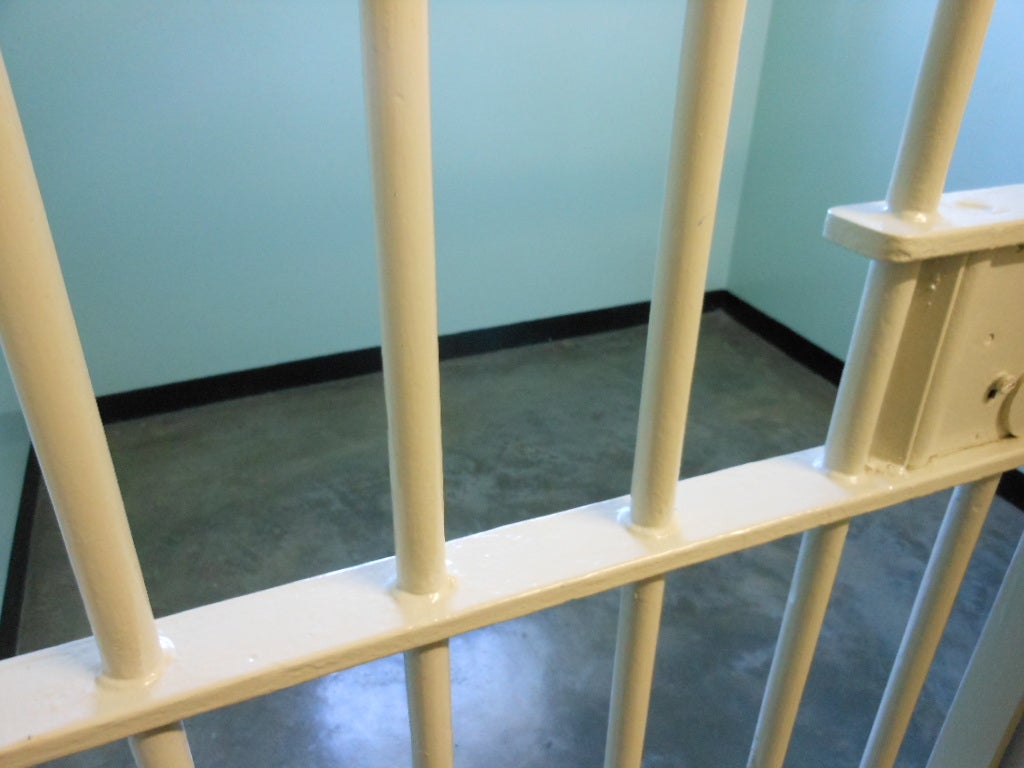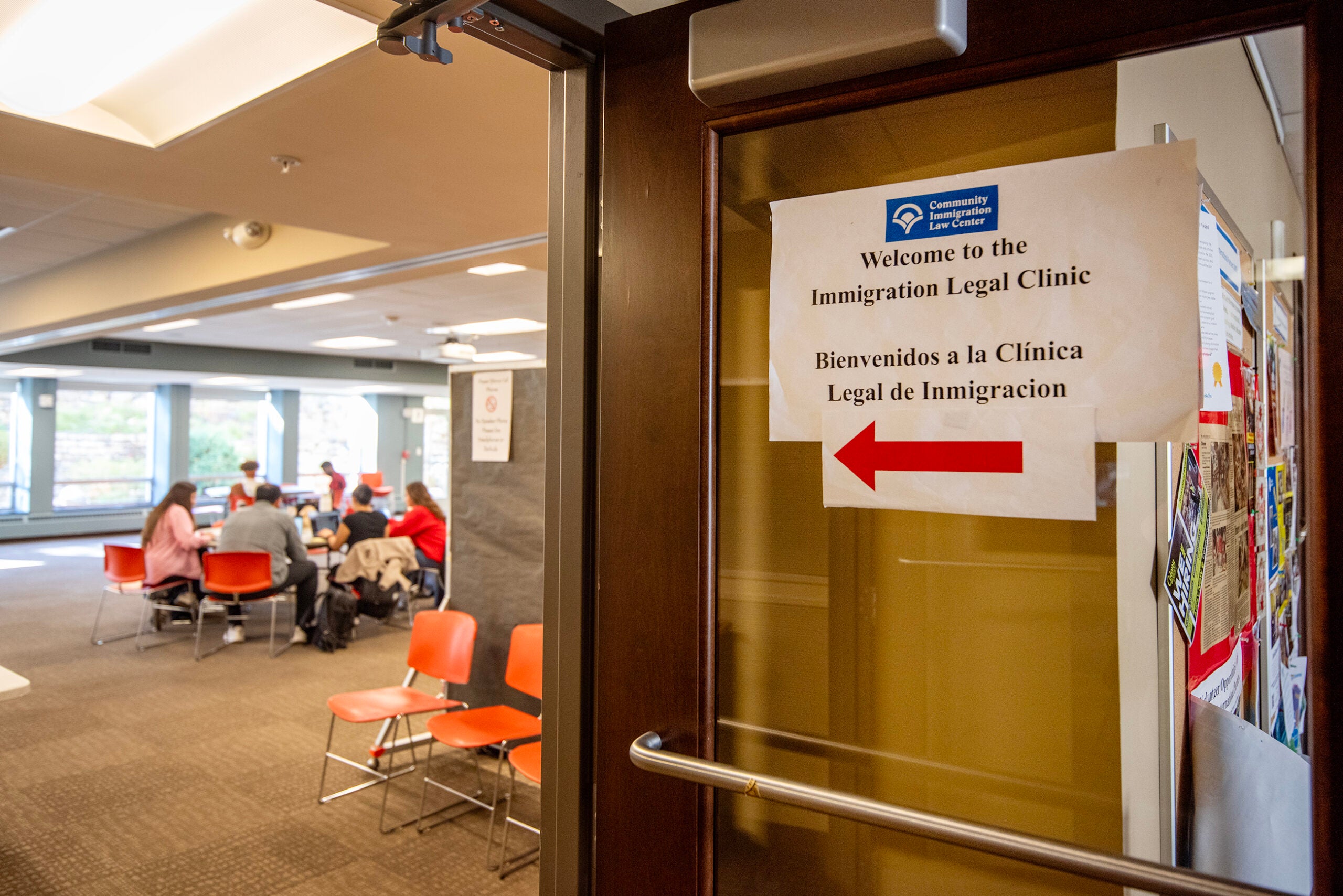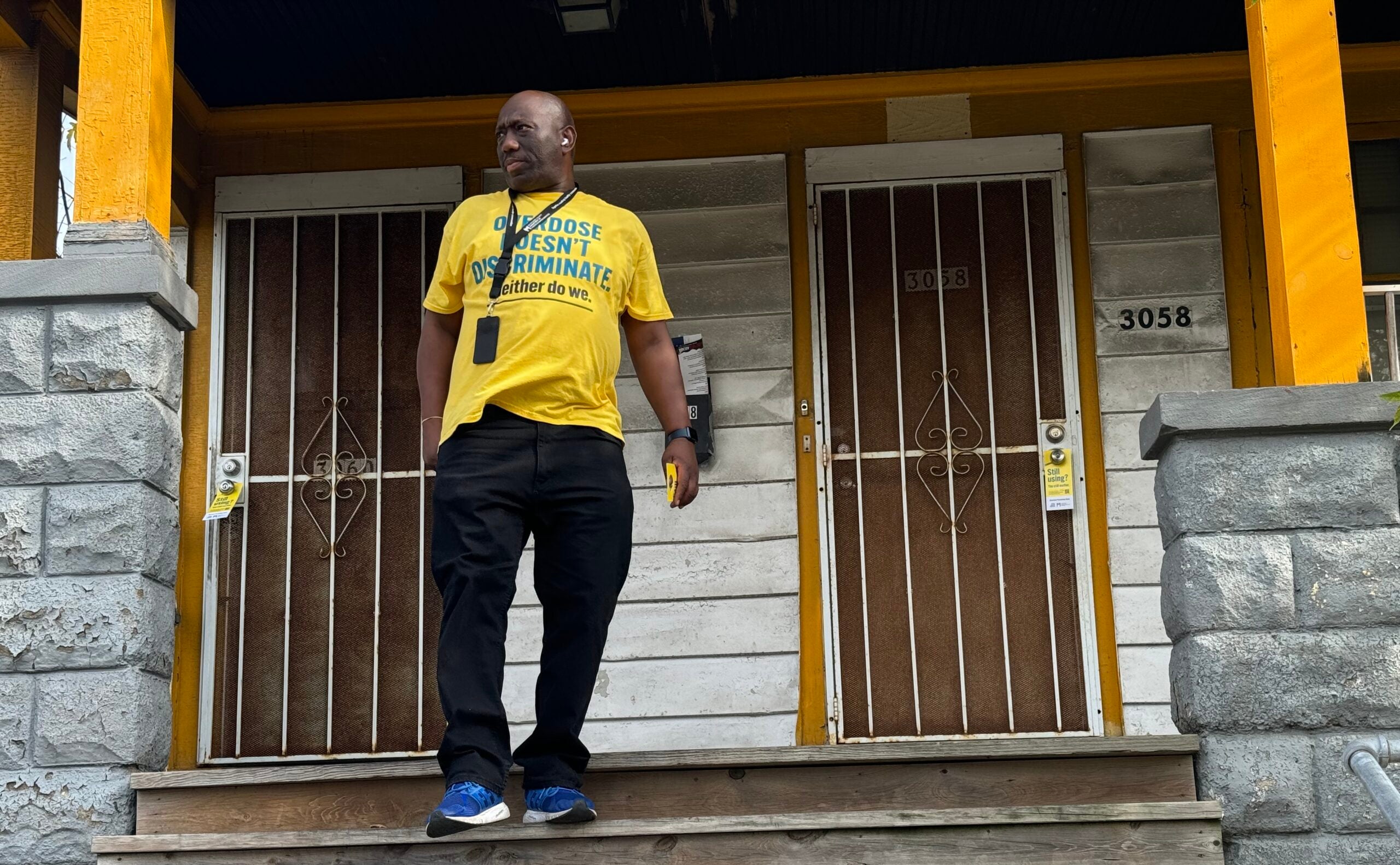Last year, the state began requiring mental health workers to conduct in-person or phone assessments on whether a person should be placed in emergency detention. Some law enforcement say the change has complicated the process for officers.
Chapter 51 of Wisconsin’s state statutes sets guidelines for emergency detentions in the state. Prior to the change, some county staff members, law enforcement or physicians could decide when people should be admitted to a hospital or other facility if they’re a danger to themselves or others.
Stoughton Police Chief Greg Leck serves as the legislative committee co-chair with the Wisconsin Chiefs of Police Association. Leck said the change has increased the amount of time officers spend with people who need to be committed for their protection.
News with a little more humanity
WPR’s “Wisconsin Today” newsletter keeps you connected to the state you love without feeling overwhelmed. No paywall. No agenda. No corporate filter.
He said one of his officers recently spent 14 hours with an individual in crisis because of the time it took to obtain medical clearance and reach a facility.
“The officer is tied up with that individual the entire time,” he said. “When you get to smaller agencies even such as ours, we normally have three officers on duty at any time. Now, when we have an officer tied up for that amount of time, we have to not only backfill, but it requires a lot of overtime.”
Leck said they’d like to see regional facilities for people who need emergency detentions.
“So that various parts of the state doesn’t have this really lengthy transport time that’s involved,” he said. “Plus, it would help to streamline commitments so these people can get the treatment they need in a much faster fashion than they are currently.”
Some counties have hospitals with secure units that can temporarily hold individuals. If not, he said the Winnebago Mental Health Institute is the only facility to house those in crisis, adding beds aren’t always readily available.
A spokeswoman with the Wisconsin Department of Health Services said there are 94 beds assigned for emergency detention patients at Winnebago Mental Health Institute, adding that the facility accommodates any and all patients who arrive.
The change in how emergency detentions are handled was intended to provide people with the best care and assist individuals with accessing treatment on their own.
Wisconsin Public Radio, © Copyright 2026, Board of Regents of the University of Wisconsin System and Wisconsin Educational Communications Board.




